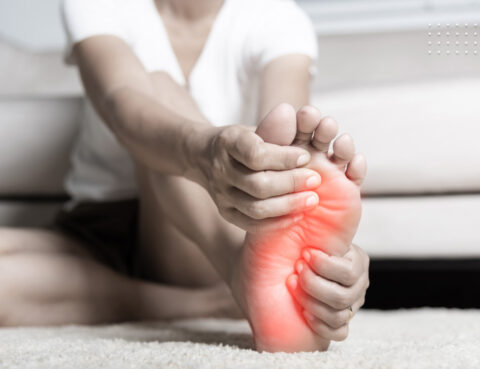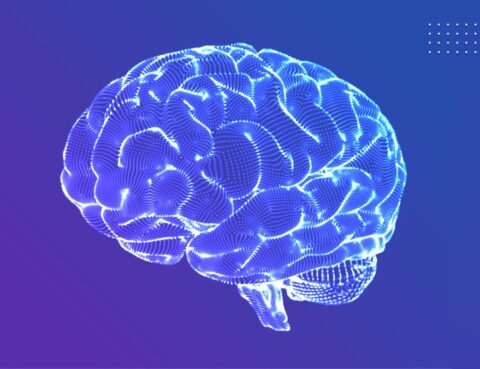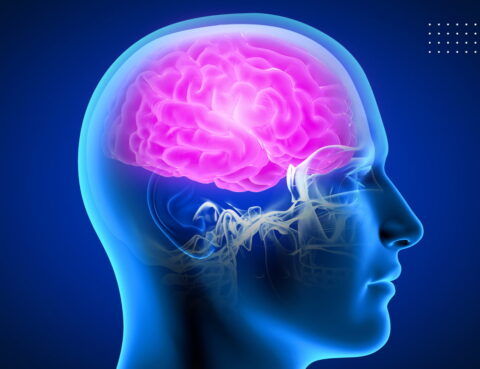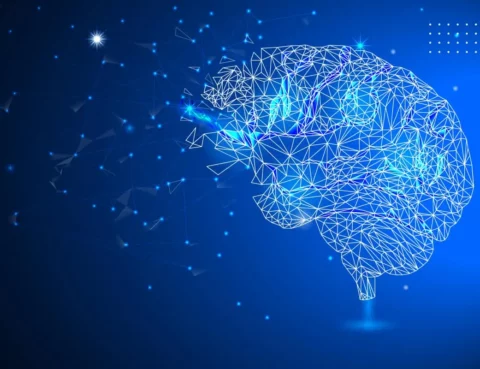
Neuron damage is a common complication. It affects the neurons, particularly in the legs and feet. It can lead to numbness, tingling, aches, and even loss of sensation. It can increase the risk of injuries and infections. However, there are several effective tactics to deter this ailment or at least delay its onset, thereby improving…

Epilepsy is a neurological disorder that affects the brain and can cause a person to have seizures. Seizures are episodes of abnormal brain activity that can cause various symptoms, including tremors, uncontrollable movements, and even loss of consciousness. Although there is no cure for epilepsy, there are many things people with epilepsy can do to…

The human is a very complex organism, the correct functioning of which depends on many factors. And even a small failure in our body can lead to catastrophic consequences. So, one of the serious failures of our bodies is hydrocephalus. It is a condition in which cerebrospinal fluid (CSF) accumulates abnormally in the brain. The…

Rehabilitation exercises are a vital part of rehabilitation for stroke patients. Many types of recovery exercises can be beneficial for stroke patients. Some common examples include aerobic, strength, balance, and flexibility training. These exercises can help improve motor skills and speech and may also help to prevent further strokes. Working with a healthcare professional to…

Acquired neurological communication disorders (ANCDs) are a group of neurological conditions affecting a person’s speech abilities. These disorders can occur after any type of brain injuries, such as a stroke, tumor, or head injury. They can also develop from diseases like multiple sclerosis or cerebral palsy. Each acquired neurogenic communication disorder is unique but shares…

When it comes to a disease like Alzheimer’s, there is no one-size-fits-all diet cure for treatment. And what works for one person may not work for another. However, some general dietary guidelines can help reduce the disease’s risk. Remember, changing your diet is only one part of an overall plan to reduce your risk of…

Encephalitis is a complex disease associated with inflammation of the human brain. Often referred to as a viral infection, the disease can be caused by bacteria, parasites, fungi, or autoimmune diseases. In addition, encephalitis can also appear due to severe head trauma, such as after an accident or severe bruising, or as a result of…

After a stroke, the majority of people suffer from communication issues. These impairments can include slurred speech, difficulty finding the right word, or trouble organizing thoughts when speaking. Types of speech disorders include dysarthria and aphasia. Dysarthria may make it hard to communicate clearly or softly. It can also affect the pitch, volume, or rate…

The main goal of rehabilitation after a stroke is to restore those skills that a person has lost. It can improve the quality of life significantly and avoid a second blow. Caring for someone who has had a stroke can be very demanding. But there are some basic tips on how to care for a…

Parkinson’s syndrome is a degenerative disease of the central nervous system. Another name for this condition is shaking palsy. It occurs more often in older people and males. It is characterized by a gradual decline in motor function. Everything that happens to a person with Parkinson’s affects their articulatory system. More than half of patients…
